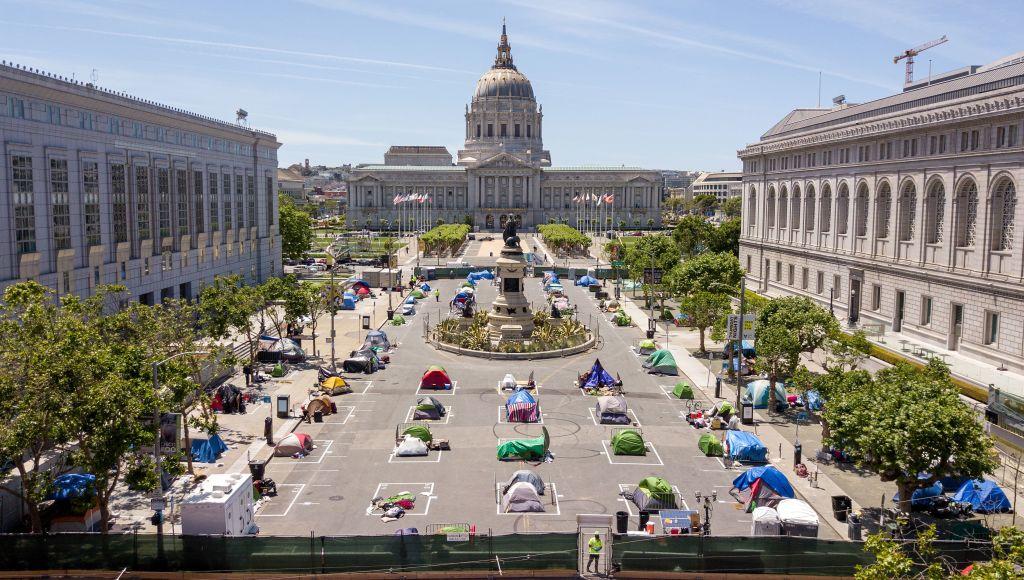Commentary
The U.S. Constitution is a set of rules for creating a republic, a federal government, a national government, with an elected congress in which only Congress shall make laws. Not administrative agencies.

The U.S. Constitution is a set of rules for creating a republic, a federal government, a national government, with an elected congress in which only Congress shall make laws. Not administrative agencies.